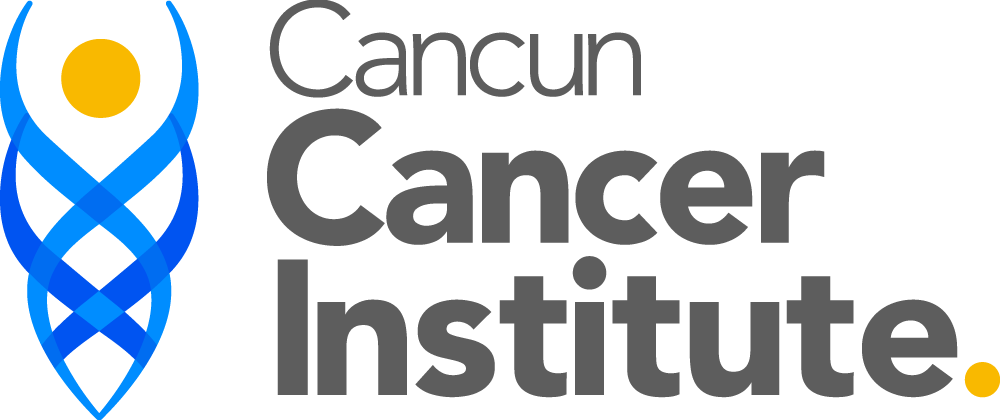MEDICAL ONCOLOGY
The medical oncologist is the health professional in charge of cancer treatment and monitoring. The medical oncologist is the one who indicates the treatment plans, monitors and controls the possible adverse effects.
The indicated treatments vary depending on the patient and her comorbidities, the pathology to be treated, the clinical stage in which she is, etc.
Among the therapeutic arsenal we find:
-Immunotherapy.
-White Therapies.
-Chemotherapy.
-Hormonotherapy.
IMMUNOTHERAPY.
Also called biological therapy, it is a type of cancer treatment that stimulates the body’s natural defenses to fight cancer. It uses substances produced by the body or made in a laboratory to improve or restore the function of the immune system.
WHITE THERAPIES.
Also called targeted therapies allow specific action on the altered molecules in tumors, blocking their growth and spread.
THYROSIN KINASE INHIBITORS.
Tyrosine kinase inhibitors are used for the treatment of various malignancies, interfering with multiple pathways of cell proliferation and tumor angiogenesis.
CHEMOTHERAPY.
It is the use of drugs to destroy cancer cells. It works by preventing cancer cells from growing and dividing into more cells. Because cancer cells tend to grow and divide faster than normal cells, chemotherapy has a greater effect on cancer cells. However, the drugs used for chemotherapy are strong and can harm healthy cells anyway. This damage causes the side effects associated with chemotherapy.
HORMONE THERAPY.
Hormone therapy or cancer treatment with hormones is one of the arsenal therapies available in the treatment of some tumors such as breast and prostate cancer.
Only your medical oncologist after careful examination will tell you which treatment is best for you. Always looking for an individualized treatment.
